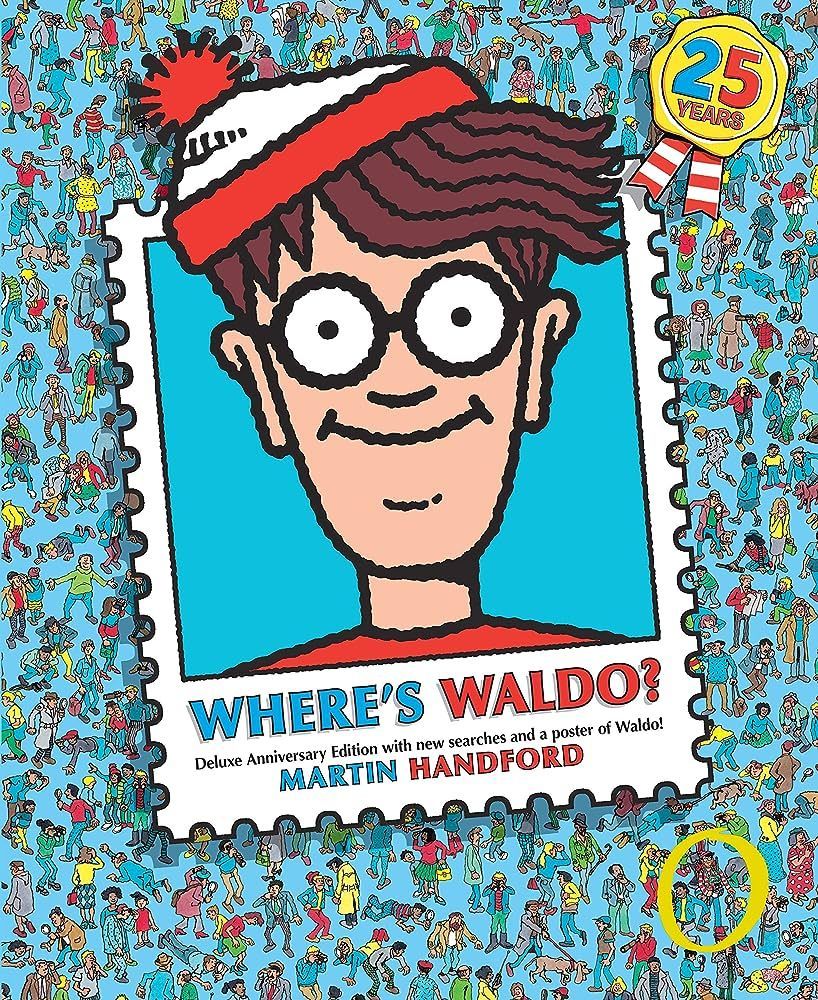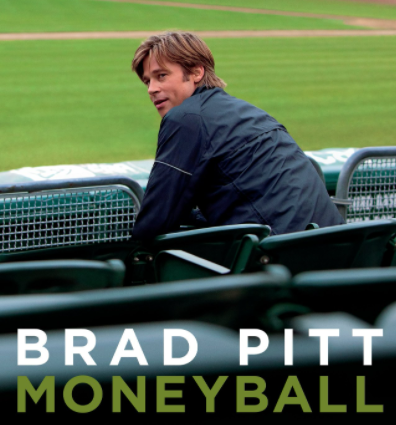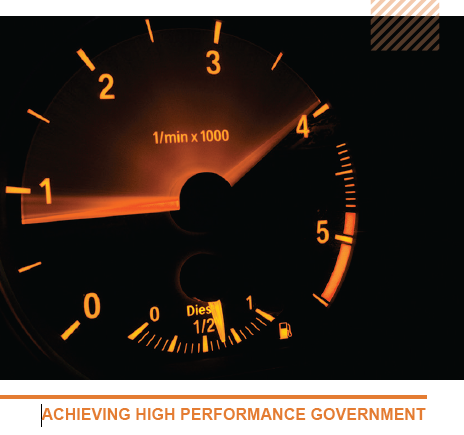By Kelly Rudyk
•
01 Nov, 2023
If ever there were a time to rethink what it is we are doing in the world of budgeting wouldn't it be now? Most of my clients are in the municipal world and are seeing unprecedented challenges on the revenue side of their budgets. Whether they are encountering abandoned well sites with no tools to capture taxes, a big bill from the Province for their enhanced police services, a new formula from which to calculate assets in the category called machinery and equipment or for the bigger cities reneging on an agreed to City Charter. However, the revenue issues seem to not only be in the municipal sector. Many businesses have been negatively impacted by this downturn in consumers disposable incomes and non-profits have also taken a hit. Many of those I have been able to help with a targeted and strategic approach to future budgeting came to me suggesting they were not feeling right about employing their typical budgeting methods any longer. These, very common, budget tools are what I like to call "band-aid budgeting". Here are some of the "tactics" employed in band-aid budgeting: Across the board cuts. Here, everyone in the organization is asked to cut a certain percentage of expenses in their own operations to assist in balancing with the revenue shortfalls. Some have tried, in the past, to make them sound more strategic than they are by calling them something like the "3% initiative". Terms like being more efficient come up. This is not an efficiency effort - it is a cut and it is most often arbitrary. Look at our actuals. This is where we ask those responsible for the budget to look at a historical spend in their budget lines and find where we have been consistently seeing surpluses. This, to me, is more legitimate than the across the board cut idea but still does not move it away from my own category of being a band-aid budgeting tactic. It assumes we are doing the right things at the right levels but just over charging for that service or program. Use the surplus or reserves. Both of these are wrong for similar reasons but show up often in the municipal world. They have even been encouraged by the Province in education (Wow). Using the surplus from last year's budget to offset issues for an upcoming year suggests than you will need to bank on that same surplus next year, assume revenue issues will be sorted out next year or find equivalent yearly savings on the expense side in upcoming budgets (why not do this now instead?). Reserves are useful tools to address typically capital spends of a certain magnitude that requires years of investment to make them feasible. These are intended as one time expenditures. The funds are targeted to a certain type of spend as well. Typical reserves may be road construction, recreation amenities and water/wastewater infrastructure. If money is "borrowed" from these reserves the intended use of those funds is impacted (this year and years to come). And because the budget has ongoing expenditures it supports and not one time, this reserve "fix" is temporary and definitely misaligned. There are many other no-nos in the budgeting world but these are the main culprits of band-aid budgeting. I will submit to you that what we are doing right now is not really budgeting. We are really accounting. The goal is too often to balance the budget. And yes, especially in the municipal world, this is important because it is mandated. But, at the end of the day, a balanced budget gets you a pat on the back and is an important part of an "unqualified opinion" from your auditors. Don't get me wrong, I am sure there are some citizens who feel very secure in knowing the budget is balanced and we get this opinion. And believe me I am in no way undervaluing the role accountants play in an organization. I am however suggesting that this is the bare minimum we should be expecting of the budgeting effort every year. We MUST be looking at our budget with a lens of VALUE. To do so, we MUST include an effort to find out what it is our citizens VALUE from the programs we provide. And we MUST make an effort to share what it is we do in a language well understood by our public. I am sorry but the typical citizen does not know what Public Works is. They do know what urban road maintenance is. The budget needs to be one the main tools in telling our story as to what we do for our customers and how we feel it reflects their desires. And, in times of constraint, like now, it is necessary to illustrate where decisions have been made to re-purpose and/or reallocate funds from an area of lower VALUE to an area of greater VALUE. This avoids either across the board cuts to areas that are deemed of great VALUE (which is just not logical) or a tax increase to support more dollars going into an area of lower VALUE. This brief story is intended mainly for potential clients who need help mining for this VALUE. However, it is also a story I hope resonates with friends who read this and maybe wear their citizen hat. Instead of challenging your municipality and your Council with an argument of we pay too many taxes or cut your spending - suggest to them that the time is now to roll up our sleeves and really support those things of greatest VALUE and challenge our assumed status quo. Stay well. As always, please reach out if you have any thoughts or questions. And share broadly, this is really important right now. Namaste (This blog was originally posted on Aug 18, 2020 by Kelly Rudyk)















